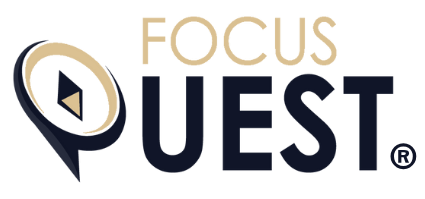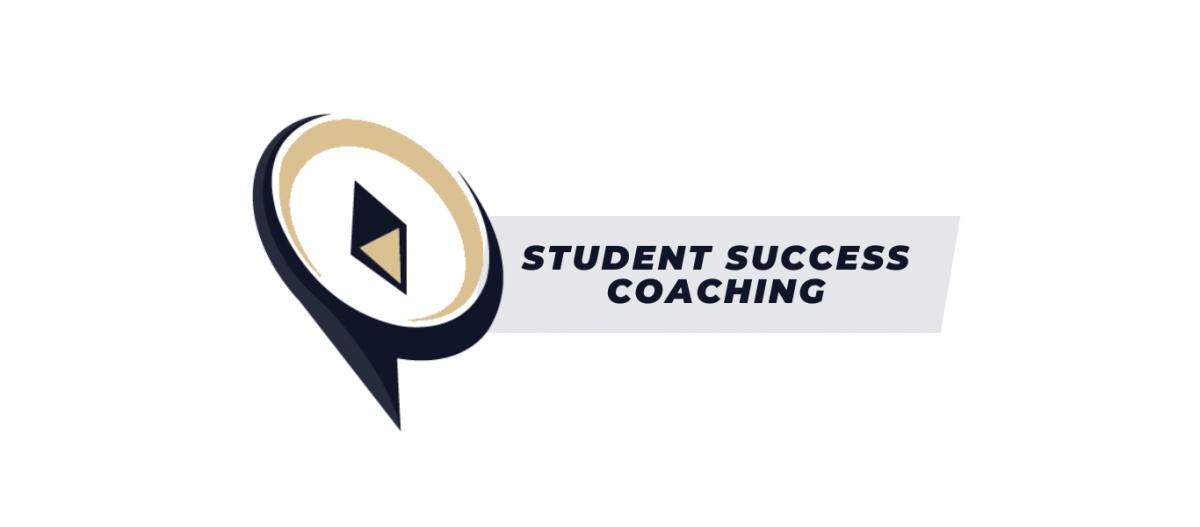🎯 How to Master Your Energy: 7 Ways to Identify & Leverage Productivity Peak Patterns in Online Students
- July 7, 2025
Share on Social Media
What Are Productivity Peak Patterns?
The Science Behind Daily Productivity Rhythms
Our brains and bodies don’t perform at the same level all day long. Instead, we operate on natural energy cycles, known as circadian rhythms. These patterns influence when we feel alert, focused, and creative—or sluggish and sleepy.
For students, recognizing these shifts is crucial. Whether you’re grinding through math problems or writing essays, your cognitive energy peaks and dips can affect how efficiently you work.
Single, Double, and Triple Peak Productivity Models
Most people fall into one of three productivity rhythm categories:
- Single Peak: One main surge of energy—usually late morning.
- Double Peak: Two bursts—commonly mid-morning and early evening.
- Triple Peak: Three smaller bursts—morning, afternoon, and late night.
Identifying which of these models fits your personal rhythm can transform how you study and manage your day.
Why Knowing Your Productivity Peaks Matters in Online Learning
Flexibility in Online Education
One of the best things about online courses is flexibility. You don’t need to stick to a 9-to-5 class schedule. If your brain works best at 10 p.m., that can be your classroom hour.
By syncing your studies with your personal energy peaks, you make learning easier, faster, and less stressful.
Aligning Focus with Course Demands
Not all tasks are created equal. Some—like watching a recorded lecture—need less brainpower. Others—like taking an exam or writing a paper—require full focus. By saving demanding tasks for your peak energy times, you’ll perform better and reduce frustration.
How to Identify Your Personal Productivity Peaks
Morning Larks vs. Night Owls
Are you wide awake at sunrise? Or do you come alive after dark? Knowing where you fall on this spectrum helps you start mapping your unique energy cycle.
Using Apps and Journals to Track Your Energy
Start tracking your mood, energy, and focus level in 1-2 hour blocks throughout the day for one week. Use tools like:
- Toggl Track or RescueTime for logging tasks
- Notion, Google Sheets, or pen-and-paper energy journals
- Rate your energy levels from 1 to 5 after each study session
How Long to Track Patterns for Accuracy
Track consistently for 7–10 days to uncover consistent trends. Patterns that appear just once might be due to sleep, stress, or caffeine—but recurring peaks are where your power lies.
Strategies to Leverage Your Peak Times
Scheduling Your Study and Breaks Wisely
Once you know when you’re sharpest, plan accordingly:
| Time of Day | Recommended Task |
| Peak Energy | Exams, problem sets, writing essays |
| Mid Energy | Watching lectures, doing quizzes |
| Low Energy | Reading, light revisions, breaks |
Study Hacks for Low-Energy Hours
Everyone hits a slump. Here’s how to deal:
- Use the Pomodoro Technique: 25 minutes focus, 5 minutes break
- Try brain-stimulating music or white noise
- Take movement or breathing breaks to reset your system
Tools and Apps to Maximize Your Productivity
- Forest – Stay focused by growing virtual trees
- Focus Keeper – Great for Pomodoro tracking
- MyNoise or Brain.fm – For soundscapes that support concentration
Real Student Examples: From Chaos to Clarity
Case Study: A Triple-Peaker’s Weekly Schedule
Sarah, a business student, noticed she had three energy peaks: 8 a.m., 2 p.m., and 10 p.m. She:
- Scheduled deep work (essays, exams) at 8 a.m. and 2 p.m.
- Did light work (emails, admin tasks) in between
- Used 10 p.m. for creative brainstorming
Her grades improved, and her burnout dropped by 40%.
How Students Improved Grades by Adjusting Their Study Hours
A study by Stanford found that students who studied during their peak times retained 25% more information than those who didn’t adjust their schedules.
Common Mistakes Students Make with Productivity Patterns
Ignoring Natural Rhythms
Trying to force yourself into someone else’s schedule can backfire. What works for your roommate might not work for you.
Overstuffing the Peak Hours with Too Many Tasks
Your energy peak is not a time to do everything. Be strategic—focus on your highest-impact tasks and protect that time from distractions.
How to Communicate Your Peaks with Coaches and Professors
Collaborating on Study Plans
If you’re working with a coach, share your energy insights. They can help tailor your weekly plan around your rhythm for maximum efficiency.
Advocating for Personalized Learning Flexibility
Online professors are often open to flexibility—as long as communication is clear. Need a day extension because you know a big exam will drain you? Ask early and explain your rationale.
Building Sustainable Routines Around Your Peaks
The secret to long-term success? Consistency. With your peaks mapped, you can build a weekly routine that fuels your strengths and supports your weaker moments.
Frequently Asked Questions (FAQs)
1. What if I don’t have a clear productivity peak?
Start tracking more closely. Some students have subtle rhythms, but once spotted, even small adjustments can help.
2. Can productivity peaks change over time?
Yes! Sleep habits, health, and even age can shift your rhythm. Reassess every few months.
3. How can I boost energy during off-peak hours?
Hydrate, stretch, take brain breaks, and limit sugar or heavy meals that cause crashes.
4. Do all students follow the same productivity cycle?
Not at all. Everyone has a unique rhythm. The key is personalization, not perfection.
5. How does online learning support different peak times?
Online courses offer flexibility to choose when to study, letting you align learning with your energy.
6. What’s the best app to track my productivity?
Try Toggl, Notion, or RescueTime. Many are free and student-friendly.
Conclusion: Own Your Rhythm and Learn Smarter
Understanding your productivity peaks isn’t just a time management trick—it’s a way to honor your natural flow and study smarter, not harder. When you work with your energy, you unlock your true potential.
Whether you’re a night owl or an early bird, FocusQuest can help you align your habits and goals. So go ahead—track those peaks, tweak your schedule, and see just how much more you can achieve.
facts corner
Featured Articles
-
The Divine Nine: History of Black Sororities and Fraternities
-
James M. Jeter '13 Makes History as Ralph Lauren’s First Black Creative Director
-
The Surge in HBCU Enrollments: Why More Students Are Choosing HBCUs
-
Relearning How to Learn: What School Never Taught Us About Studying
-
The Role of Mental Health in Academic Success
-
The Power of Peer Support: Finding Your Study Tribe





